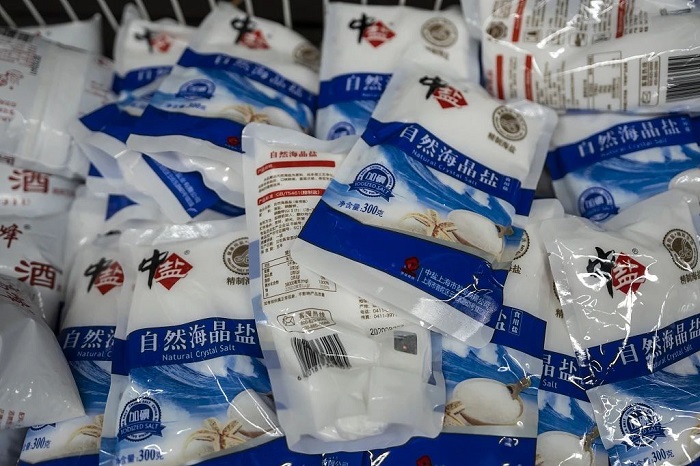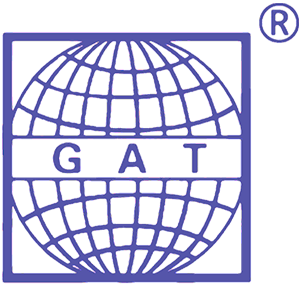Authorities caution against stockpiling salt
China's salt industry authority and producers have urged consumers against panic buying after anxious shoppers emptied supermarket shelves and online retail platforms of the condiment due to worries over Japan's discharging of radioactive wastewater.

Photo/VCG
"Edible salt products are of ample supply and of stable production capacity in China," said Wang Xiaoqing, director-general of the China Salt Association, adding that there is no need to stockpile salt products. According to the association, the country's annual consumption of edible salt remains around 12 million tons while production capacity is over four times higher, at 50 million tons.
On Thursday, JD Super, the online supermarket arm of JD.com, said searches for the key word "salt" on its platform surged 377 percent from midnight to 11 am, compared with the same period in July, while the transaction volume of edible salt skyrocketed 498 percent during the brief period. JD Super said it has ramped up supplies since Tuesday as sales of some salt products have surged dramatically.
Wang Jing, who works for a trading company and is a mother of an 11-year-old, said she managed to buy 10 bags of lake salt online on Friday morning amid the mounting anxiety among her peers.
"I don't think we need to hoard. But I really don't want any sea salt for my family anymore," she said.
The world's largest salt production enterprise, China National Salt Industry Group, said in a statement that 87 percent of edible salt products in China are well salt, 10 percent are sea salt and 3 percent are lake salt. The production of well salt and lake salt is not affected by Japan's nuclear pollution, said the group.
China National Salt Industry Group has a production capacity of over 10 million metric tons per year. Among this, well salt accounts for 95 percent, lake salt accounts for 4 percent and sea salt only makes up 1 percent. The group has sufficient salt reserve supplies, said the statement.
Many local governments have issued notices regulating salt price hikes to nip market manipulation moves in the bud. Hainan market regulator vowed on Friday to crack down on those who manipulate and cause price hikes with maximum fines of 5 million yuan ($686,000).
The Japanese government began discharging nuclear-contaminated water into the sea from the damaged Fukushima Daiichi Nuclear Power Plant on Thursday.
On Thursday evening, shelves of table salt at some supermarkets in the Macao Special Administrative Region were nearly emptied, with some having only a few bags of higher-priced sea salt left behind.
The Economic and Technological Development Bureau of the Macao SAR government on Thursday reassured residents that supplies of table salt remain stable, with ample inventory available. They urged the public to remain rational and not succumb to unfounded rumors.
According to the bureau, Macao currently has a local stockpile of over 190,000 kilograms of table salt, sufficient to meet the needs of Macao's population for about 37 days. They have established that the current supply chain is stable and will continue to make necessary purchases. The bureau emphasizes its commitment to monitor the situation, conduct regular market inspections, and take strict action against price manipulation and hoarding.
Hong Kong doesn't see any stockpiling of salt by residents, said Simon Wong Ka-wo, president of the Hong Kong Federation of Restaurants and Related Trades. Wong said most of the salt in Hong Kong is from the Chinese mainland and Southeast Asia, with a very small portion of salt, mostly used in Japanese restaurants, being shipped from Japan.
Reporter: Wang Zhuoqiong, Fan Feifei, Xi Tianqi and Shadow Li
